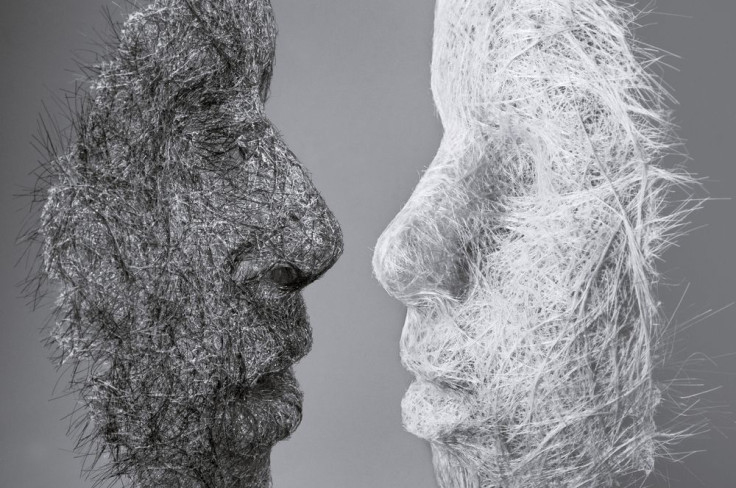Surgeons To Reconstruct Face With 3D Printer: Custom-Made Titanium Bones Could Restore Symmetry To Injured Biker's Appearance

With a 3D printer and a mirror, a team of British doctors are set to save a man’s face and transform forever the field of reconstructive surgery.
The revolutionizing procedure, which is scheduled to take place at Morriston Hospital in Wales, will restore the appearance of a motorcyclist whose face was badly damaged in a road accident. “The patient suffered trauma and had multiple injuries across his body, including some quite severe facial injuries,” said Peter Evans, a reconstructive surgeon attached to the project. “He underwent emergency surgery at the time and we are now at the stage where we can do a proper reconstruction of his face.”
To save the biker’s face, the hospital has joined forces with the Centre for Applied Reconstructive Technologies in Surgery (Cartis) — a leading developer of innovative prosthetics and reconstruction methods. Using a mirror image of the unaffected side of the face, the surgeons have designed a set of personalized facial implants that will restore symmetry. These are currently being manufactured from medical-grade titanium at a 3D printing specialist in Belgium.
In the meantime, the surgeons are hard at work rehearsing a virtually unprecedented procedure. “Effectively, we have done the surgery in virtual reality so that we can mirror this in real life. You cannot make a mistake on a face,” said consultant maxillofacial surgeon Adrian Sugar, who will lead the groundbreaking surgery. “We have a good chance of correcting 70 to 80 per cent of the deformity and we will make this man look a lot better.”
Aside from facial bones and structures, the 3D printer will also construct guide devices allowing minute precision. “We have done everything up to the point of surgery. The concept of the operation has been virtually designed and we hope to do the work very soon,” Evans told The Daily Mail. “The patient’s facial symmetry will be restored so he should be back to normal as far as his facial looks are concerned.”
The current reconstruction project is the latest in a growing series of groundbreaking surgical applications of 3D printing technology. Earlier this year, a Tennessee-based printing company made headlines when they designed a brand new foot for Buttercup, a disabled duck born with a backward-facing left foot. Another example is the human “mini-liver” printed by the San Diego start-up Organovo.
Evans and Sugar’s facial reconstruction is currently featured at the London Science Museum as part of the exhibition “3D: Printing the Future.”
Published by Medicaldaily.com



























